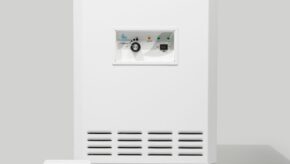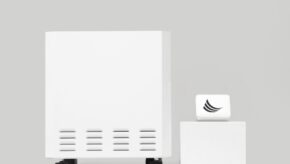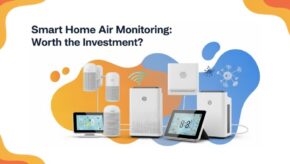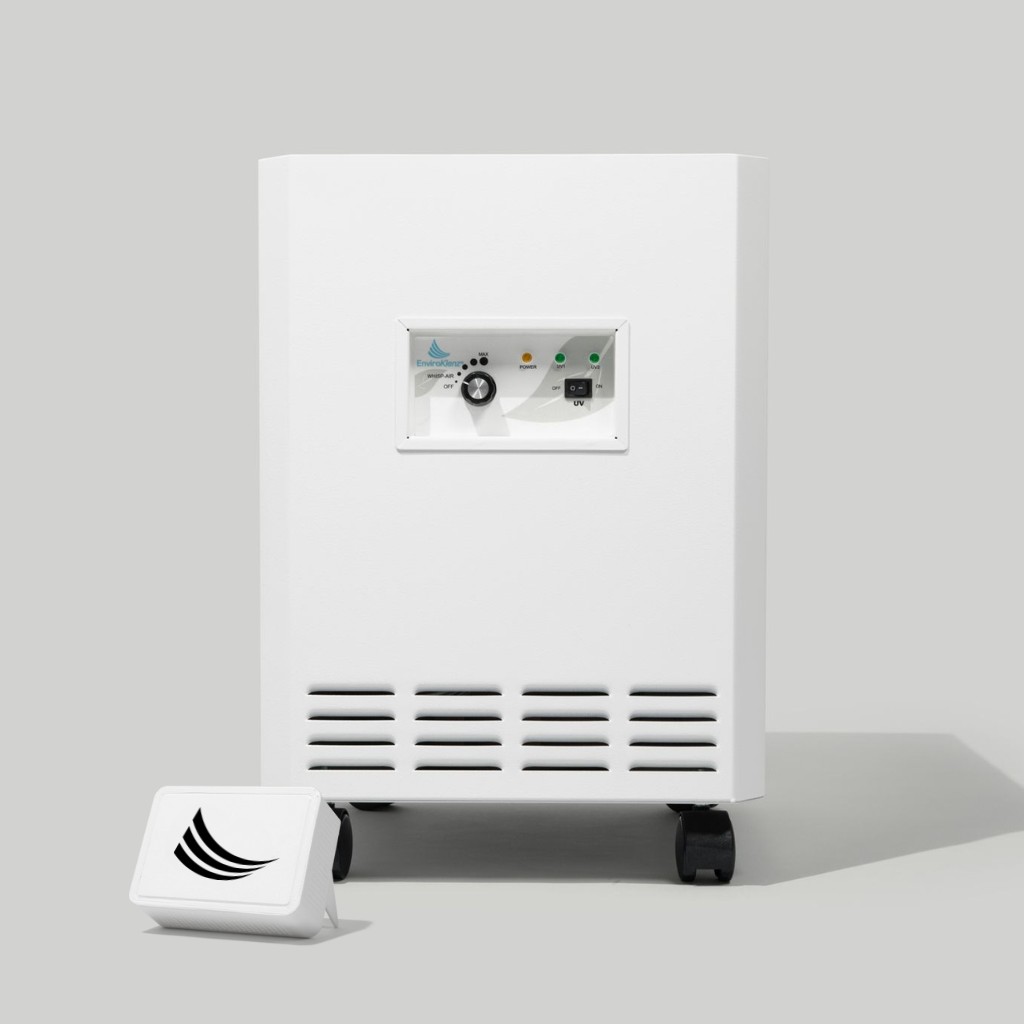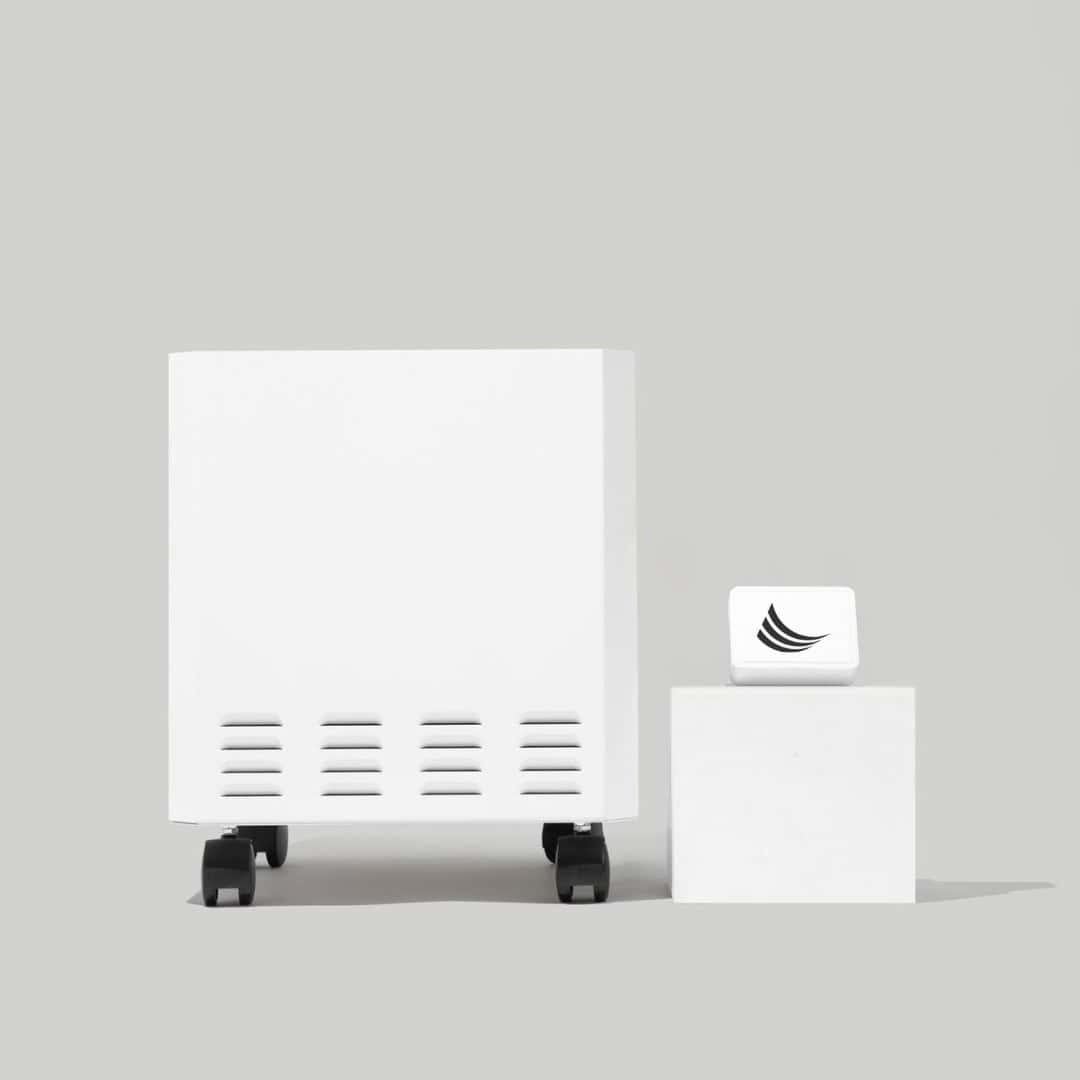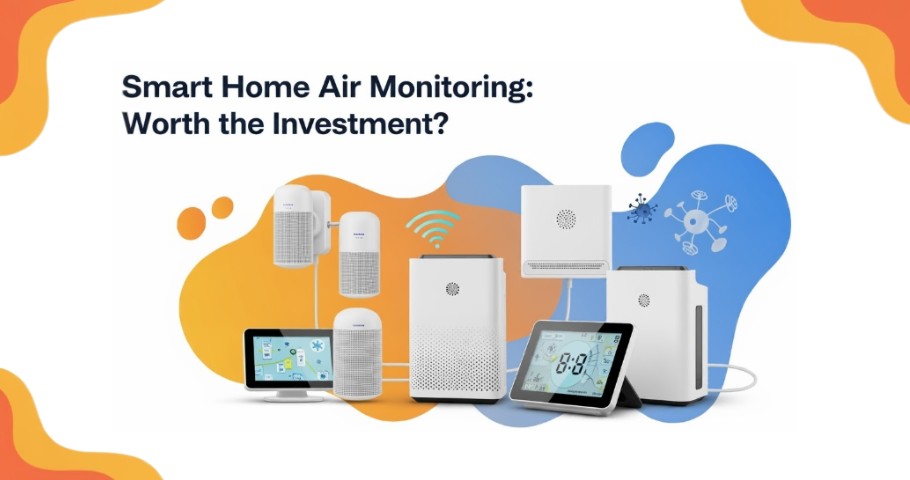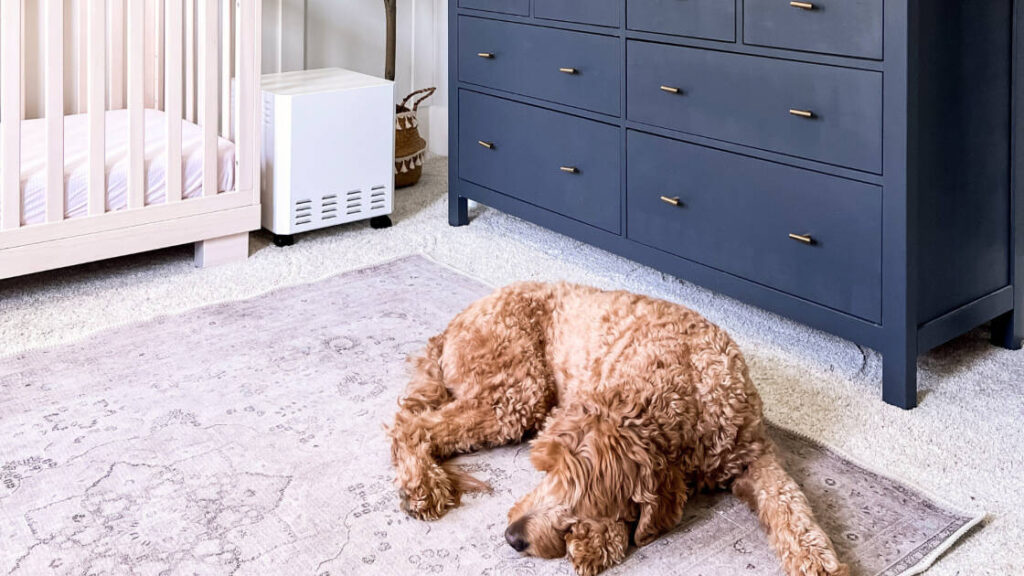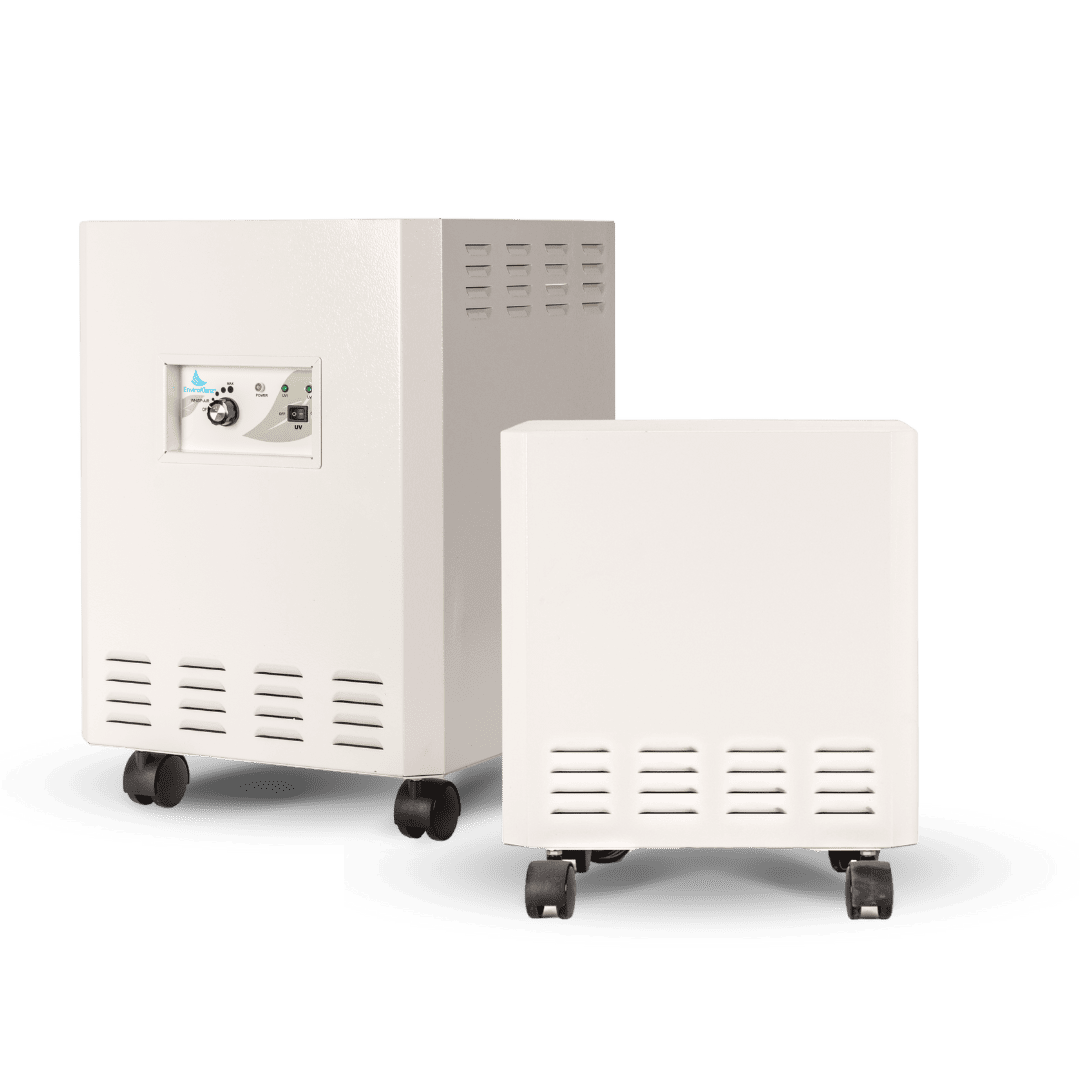Are you an allergy sufferer tired of battling indoor allergies that seem to persist no matter how hard you try to eliminate each allergy trigger? You’re not alone. Many people grapple with sneezing, nasal congestion, and itchy and watery eyes due to common indoor allergens that hide in unexpected corners of their homes.
The good news is that there’s a practical solution to level up your indoor air quality and tackle those annoying allergy triggers: the trusty air purifier for allergies.
This expert review will help you understand indoor allergies and their triggers and guide you in choosing the right air-cleaning solution to improve your indoor air quality and keep allergies at bay.
Common Indoor Allergens
Allergies can be caused by exposure to a range of common indoor allergens, which include:
- Mold
- Pollen
- Dust/dust Mites
- Insects
- Fungi
- Rodents
- Cockroaches
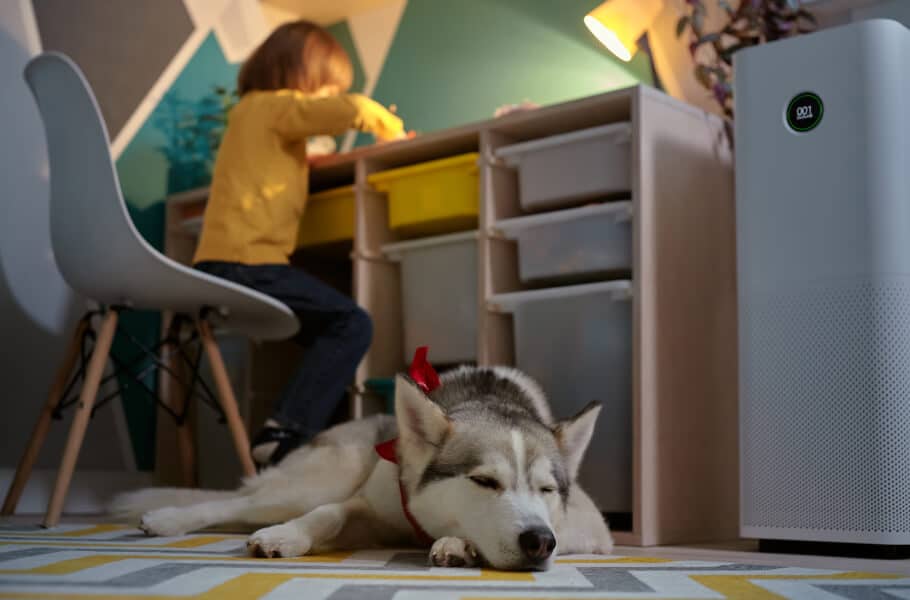
Some unsuspecting everyday items in your home can inadvertently become sources of indoor allergens, potentially triggering indoor allergies. Some of these include:
- Pets
- Wall-to-wall carpet
- Soft furniture
- Stuffed toys
- Bedding
- Damp areas
- Indoor plants
- Mattresses that aren’t allergy covers
- Pillows and bedding you can’t wash in hot water
Of course, removing these everyday items from your home is not a realistic solution, and even if you were to attempt it, it is nearly impossible to eliminate all sources of allergy triggers within your living space.
According to the Environmental Protection Agency (EPA), using air cleaners offers a more practical and effective approach to enhancing indoor air quality and mitigating indoor allergy triggers.
Now, the question arises: when it comes to improving indoor air quality and controlling allergies, should you opt for a humidifier or an air purifier?
What Is Better for Allergies: Humidifier or Air Purifier?
Humidifiers and air purifiers are two common air-cleaning solutions, but when tackling indoor allergies, understanding their differences is crucial. While each has its role and benefits, they serve different purposes in managing allergies.
Air Purifiers for Allergies:
An air purifier is a powerful tool for combating indoor allergy symptoms. Here’s why:
- Allergen removal: Air purifiers remove allergens, including dust mites, pollen, mold spores, and more. They use filters and sometimes advanced technologies like HEPA filters and UV-C lights to trap and neutralize allergenic particles.
- Consistent allergen control: Air purifiers operate continuously, ensuring a consistent level of allergen control in your home. They work around the clock, maintaining clean air quality.
- Cleaner indoor air: By continuously keeping the air clean, air purifiers make your surroundings healthier with fewer allergens around. This not only stops allergy symptoms in their tracks but also gives much-needed relief to allergy sufferers.
In a nutshell, do air purifiers work for allergies? Here’s a straightforward answer: Yes, they do. Investing in an air purifier is your best bet for tackling allergies and keeping indoor air clean.
Humidifiers for Allergies
While humidifiers can be beneficial for overall comfort and certain allergy symptoms, they have limitations in addressing allergies:
- Moisture control: Humidifiers add moisture to the air, which can help relieve symptoms like a dry cough or dry nasal passages. However, they do not directly remove allergens from the air.
- Risk of mold growth: Using a humidifier excessively or inappropriately can lead to increased indoor humidity levels, potentially promoting mold growth, which is an allergen.
- Limited allergen removal: Humidifiers cannot capture and eliminate allergenic particles, making them less effective in reducing allergy triggers.
In summary, what is better for allergies ― humidifier or air purifier? Top-notch air purifiers are your first line of defense when it comes to ridding your home of allergy triggers.
Air Purifier for Allergies: Why You Should Choose EnviroKlenz
Now that you’ve understood the difference between these common air-cleaning solutions, the question remains: which is the best air purifier for allergies?
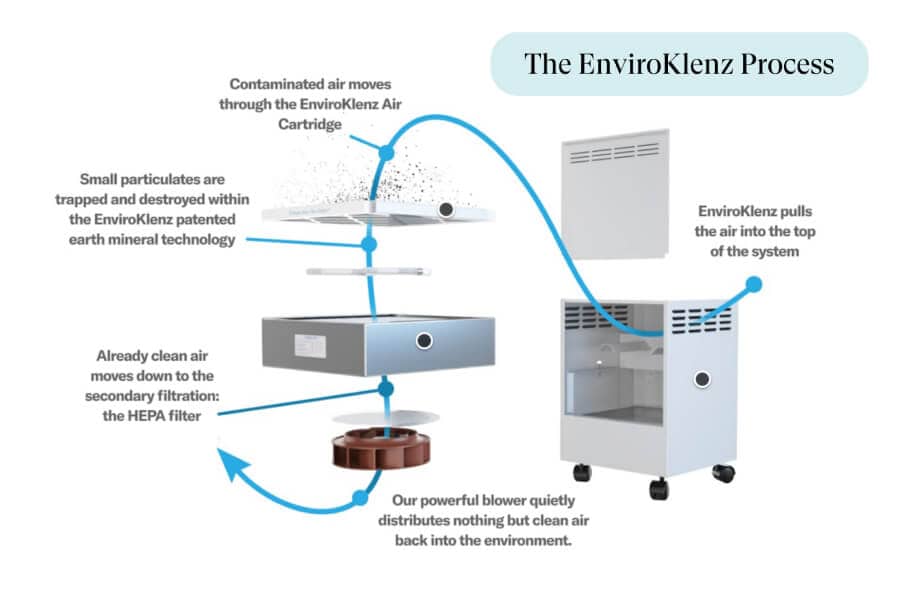
While there’s no one-size-fits-all “best” air purifier for everyone, EnviroKlenz stands out as a preferred choice among air cleaning brands for many. With their dedication to clean air and a track record of excellence, EnviroKlenz has earned a reputation as a trusted name in the industry.
With two variations of purifiers, the EnviroKlenz Mobile Air System and the EnviroKlenz Mobile UV Model, here’s why they might just be the perfect fit for your allergy needs:
- Powerful filtration system. One of the standout features of the EnviroKlenz Air System is its remarkable ability to capture a wide range of harmful particles in indoor spaces. This includes household dust, allergens, pet dander, pathogens, and more. This comprehensive filtration system is engineered to trap and neutralize these allergenic particles, ensuring your indoor air remains clean and free of mold and other allergens.
- HEPA filter and air cartridge combo. Pairing an innovative air cartridge with a powerful HEPA filter, these air purifiers use a patented blend of earth minerals that go the extra mile in battling harmful VOCs, pathogens, and other contaminants that regular air filters simply can’t handle.
- Germicidal irradiation. The EnviroKlenz Mobile UV Model contains two UVC bulbs that use safe degrees of ultraviolet-C light to destroy microorganisms (germicidal irradiation) and to maintain internal system cleanliness.
Air Purifier for Asthma
For individuals with asthma, managing the condition and minimizing triggers is important. Although further research is needed, some evidence suggests that air purifiers may help reduce asthma symptoms.
Air purifiers can effectively capture and remove airborne irritants, lowering the risk of asthma attacks and helping sufferers breathe easier and with greater peace of mind.
That said, keep the following in mind when choosing an air purifier for asthma:
- Opt for a model with a HEPA filter for efficiency
- Match the air purifier to your room size
- Look for AHAM or AAFA certification
- Choose models labeled “ozone-free” to prevent respiratory irritation
Air Purifier for Pollen
An air purifier can be a valuable tool if you suffer from pollen allergy. However, make sure to choose a model with a HEPA filter, as it can remove up to 99.97% of airborne particles, including pollen.
No doubt, a humidifier can be beneficial for dry air-related symptoms, but it’s not exactly effective for fighting back against pollen allergies.
Keep in mind that you don’t have to run an air purifier throughout the day to remove pollen. How long you should run an air purifier for pollen allergies depends on your room size and the purifier’s Clear Air Delivery Rate (CADR). When appropriately sized, an air purifier can replace allergen-laden air with clean air in a few hours.
However, if your living space has high allergen levels (especially during pollen season), consider running the purifier for several hours daily.
Conclusion
Besides causing discomfort, indoor air pollution and allergies can trigger a range of health issues. Thankfully, an effective solution comes in the form of an air purifier for allergies. These devices help combat common indoor allergens, reduce allergy symptoms, and promote a healthier living environment.
While humidifiers offer comfort in small bursts, air purifiers excel in allergen removal and consistent control. If you want optimal allergy control, investing in air purification is the way to go, with EnviroKlenz standing out as a trusted choice among air cleaning brands.
EnviroKlenz® Medical Disclaimer:
“Any information that is provided on this website is not for the use by any commercial or personal entity without expressed written consent of the blog author. The material and statements illustrated within this blog are not intended to diagnose, treat, cure, or prevent any diseases or medical conditions. Nor does the author in any way guarantee or validate the validity, totality, or efficacy of any claims and will therefore not be held responsible for the content of any claims. Always consult your medical physician for any specific medical advice or recommendations.”
